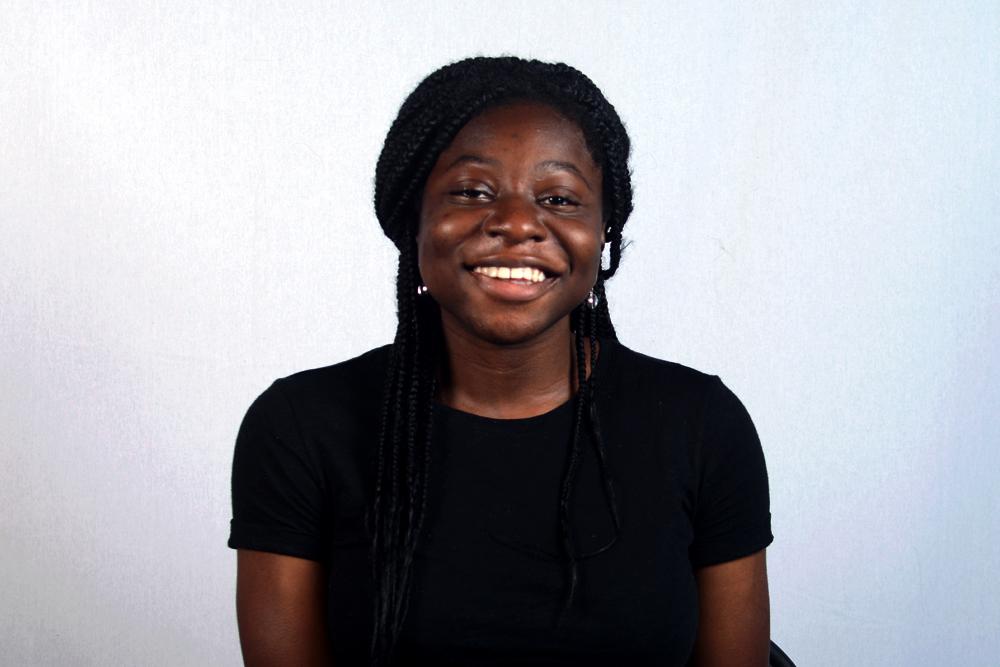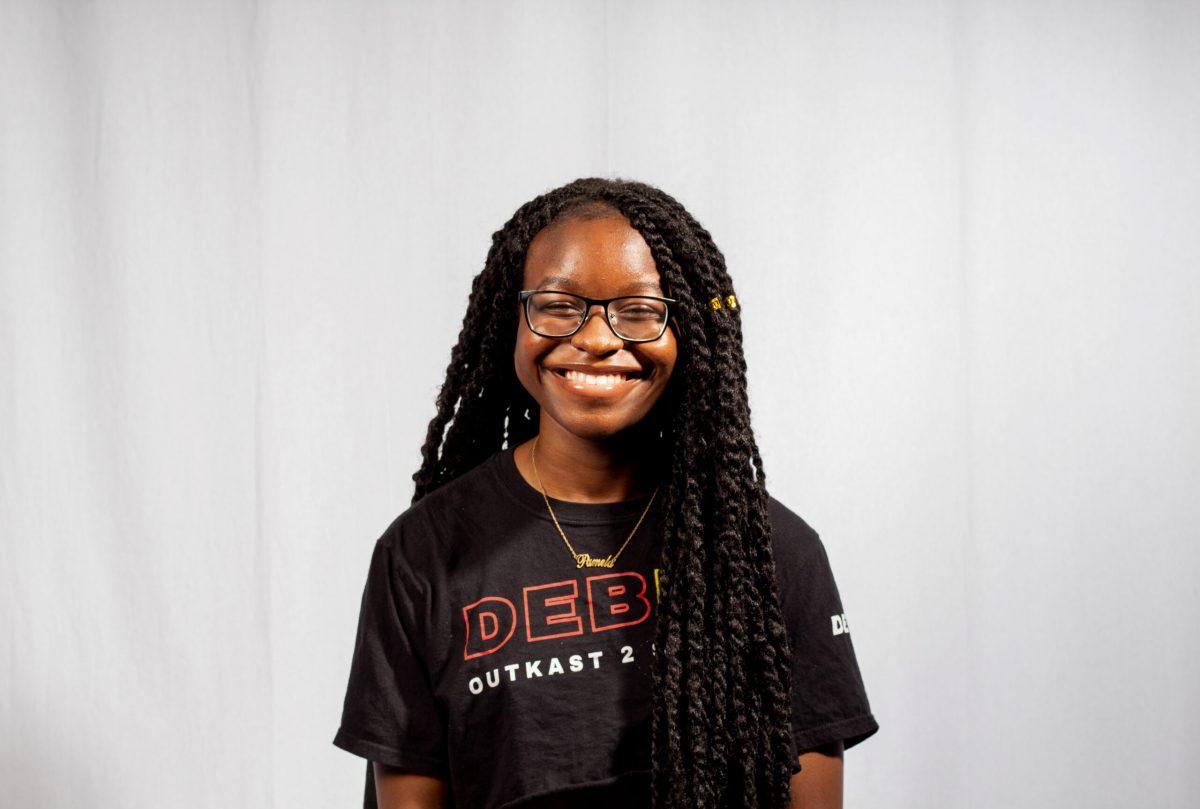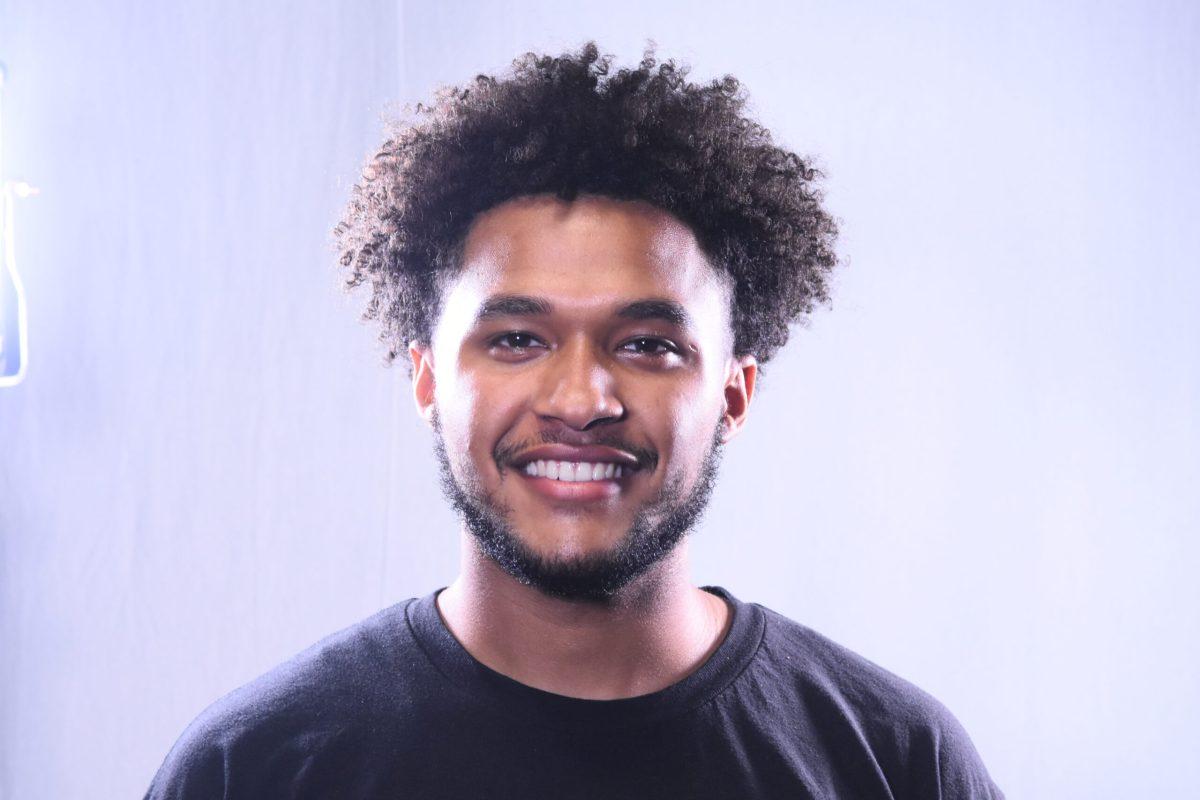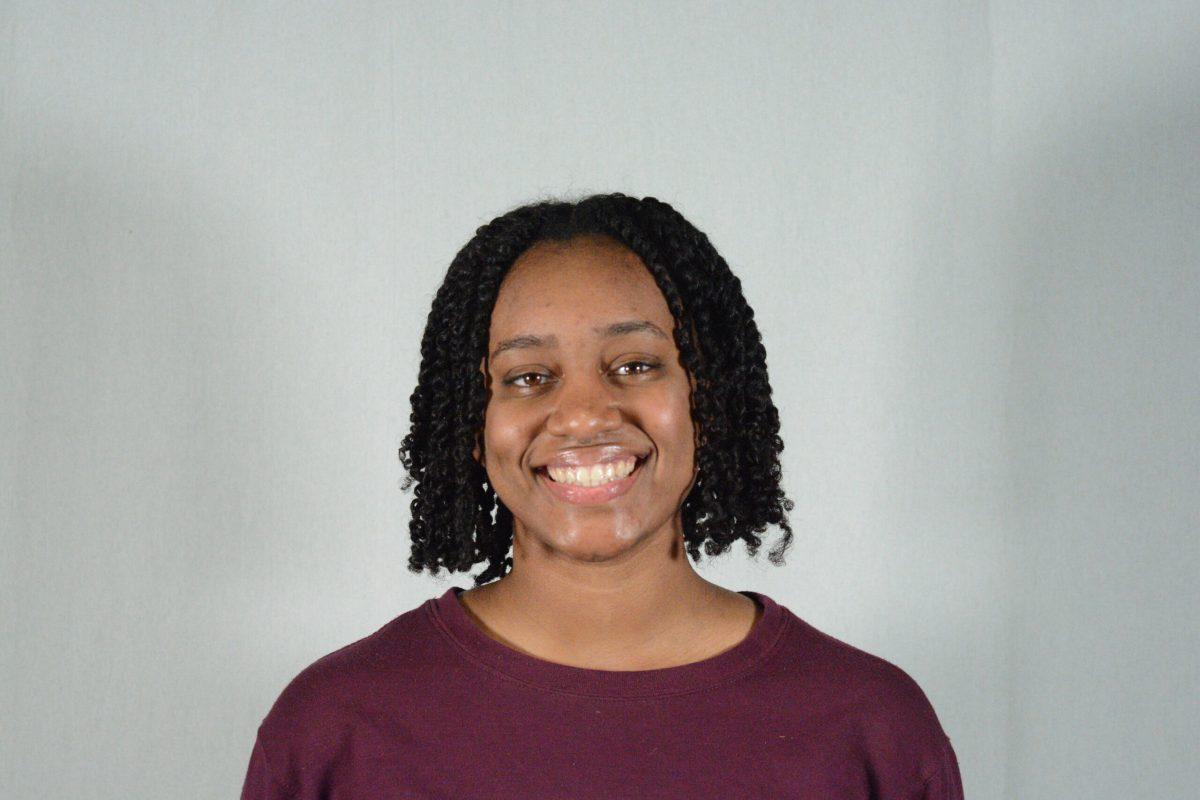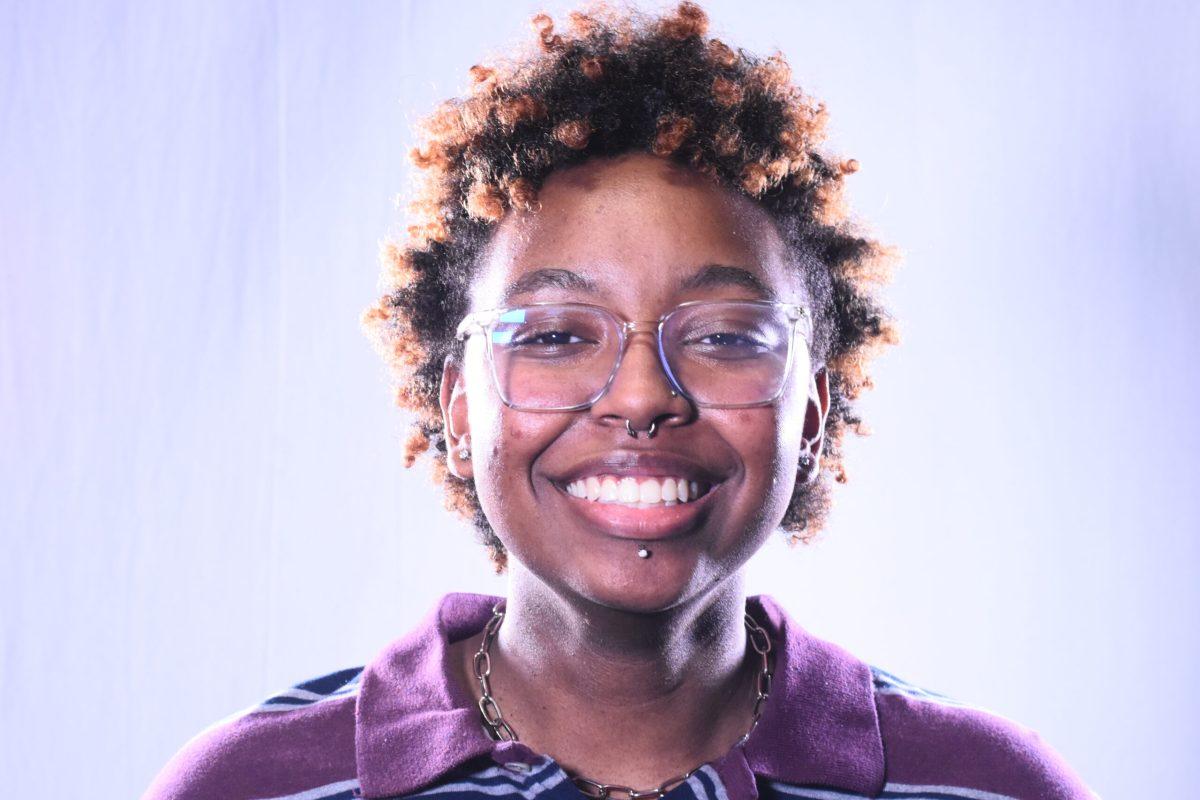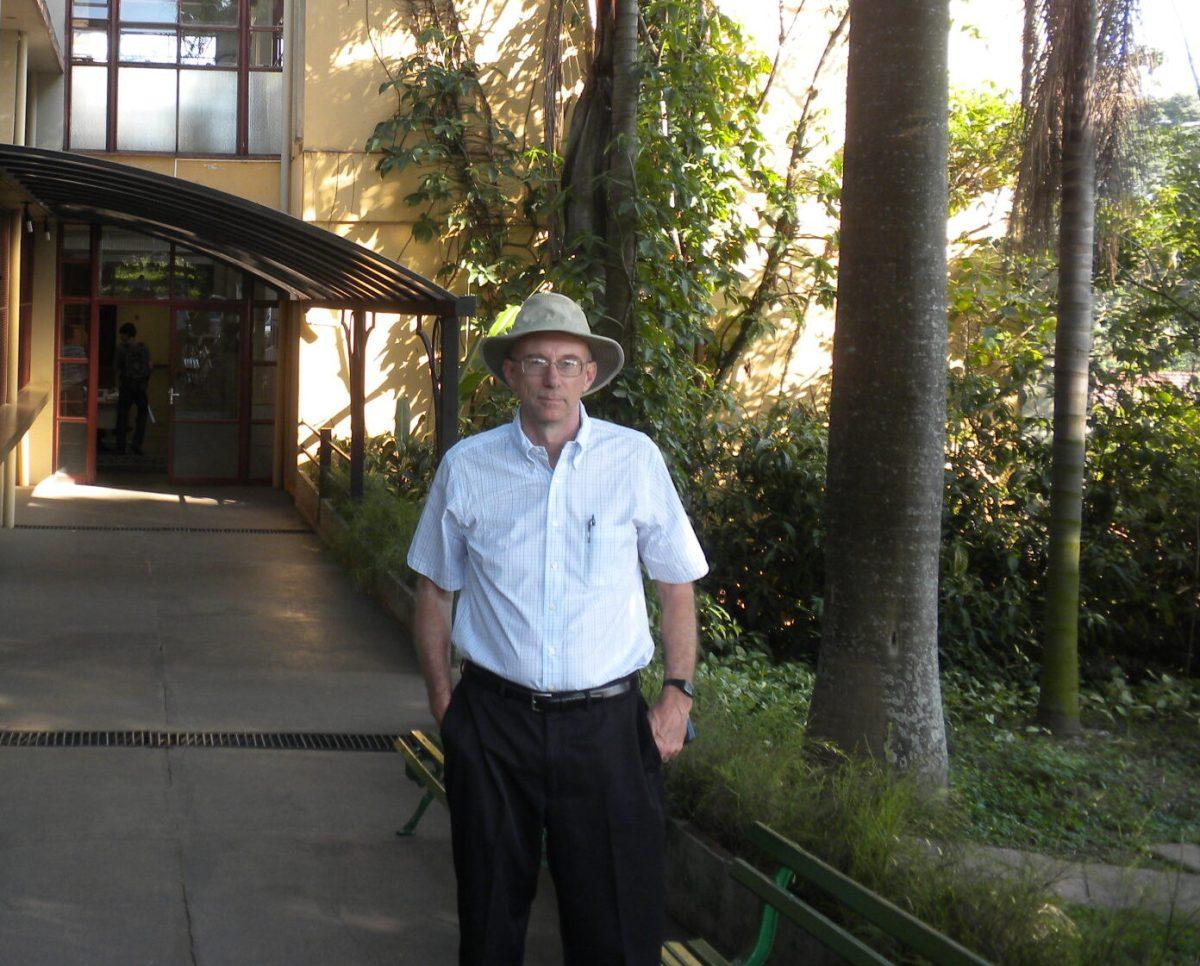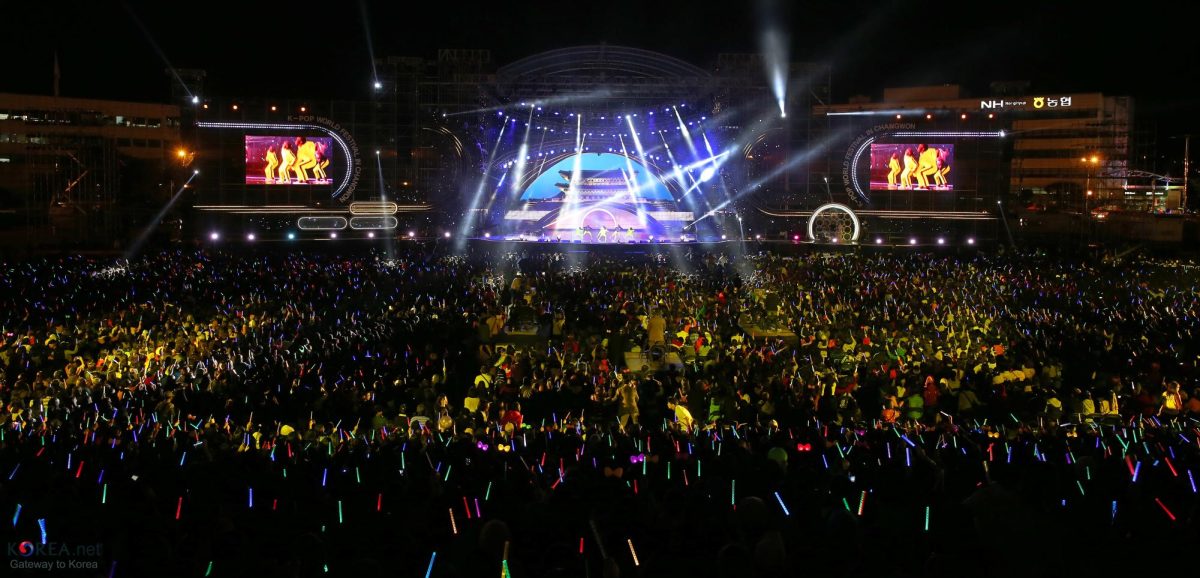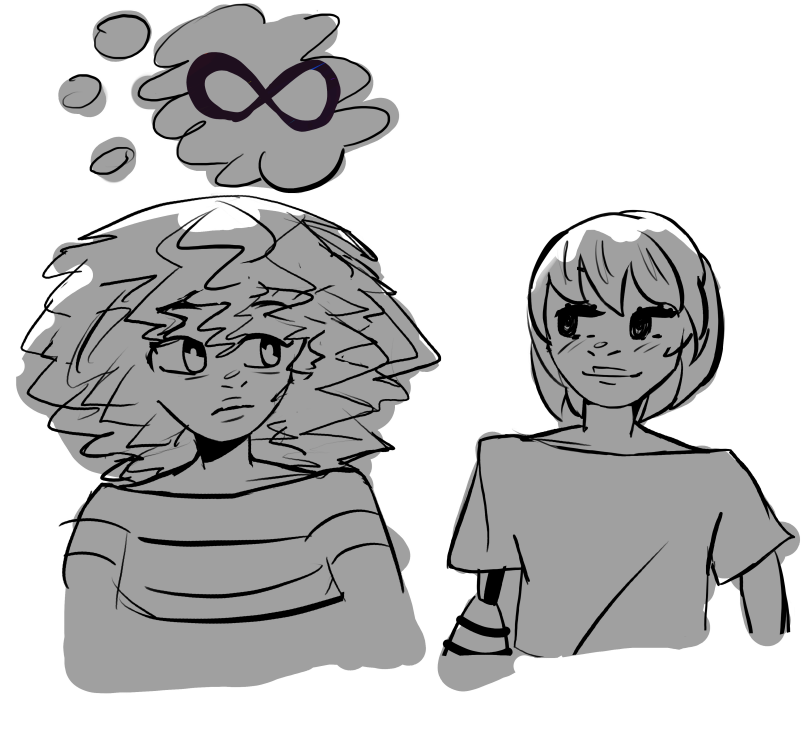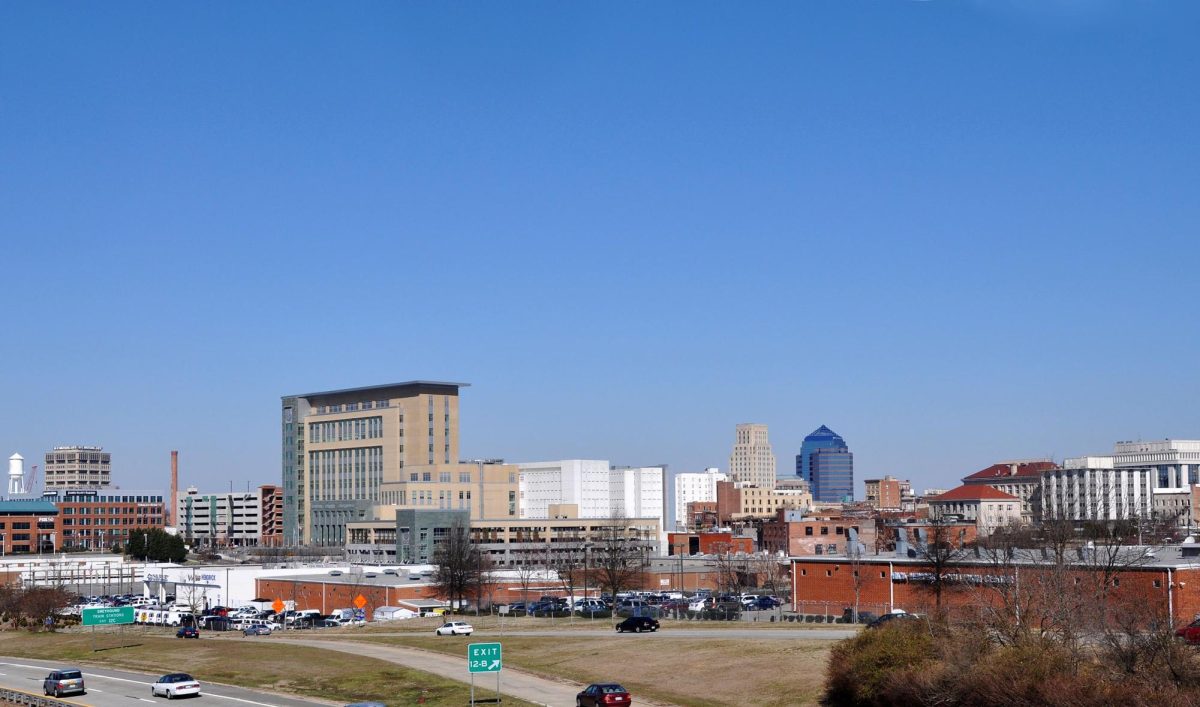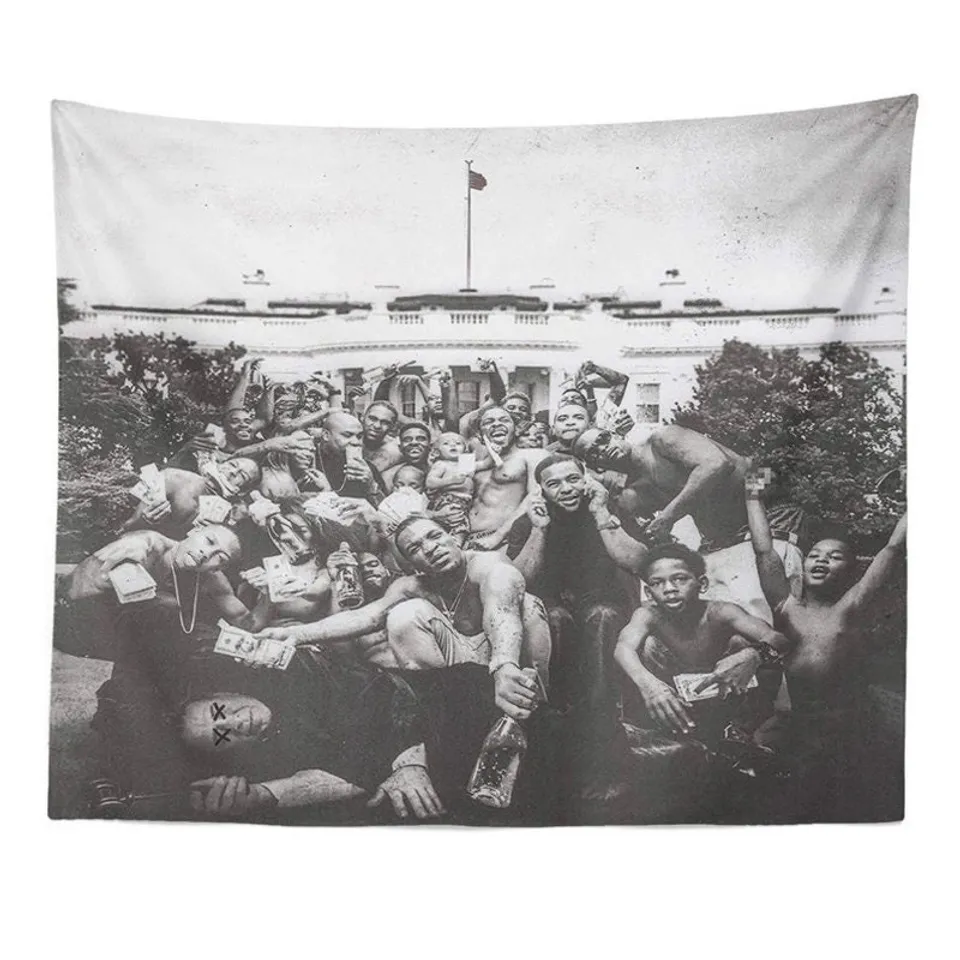Oluwajoba Ogun | Correspondent
“Wakanda Forever” is a popular phrase that has been repeated over and over again by fans of “Black Panther” (2018), the groundbreaking movie about a fictional African country that undergoes the threat of losing their prized possession that happens to supply everything they need. This movie brought the African-American community together, mainly because of the all-black cast and the meticulous portrayal of the continent Africa.
However, before this era of “Black Panther” emerged, the continent of Africa was often misunderstood. There were—and still are—misconceptions and stereotypes of what Africa looks like, how African people live, what they eat and wear, and so on. Stereotypes like Africans share the same culture, all Africans depend on aid, Africa lacks technology, Africa is a desert, to name a few.
The ever most popular one? Africa is a country.
In society, it’s assumed that African Americans have an inherent “African-ness” by the virtue of their connection to slavery. As a result, African Americans claimed Africa as their “home.” They traced their lineage to see where their ancestors are from and how they struggled to survive.
However, that’s all they really did.
African Americans only saw what Africa was—the starting point of slavery—and based their opinions solely on that. They never looked back and saw what Africa could have become—a continent filled with its own cities, infrastructures and professionals. Although not all African Americans had this mentality, a majority of them did. It was pure ignorance.
Ever since I could remember, Africa has received a lot of hate for no reason at all. Surprisingly, it was not coming from just white people. When I was growing up, I had a hard time making friends. Nobody—including African-American classmates—wanted to hang out with me simply because I had a “weird name.” Even teachers had trouble pronouncing my name, and when they made a mistake, my classmates would laugh and snicker.
I had to shorten my name to “Joba” in elementary school because I was tired of people messing up it up on purpose. Once I shortened my name, people started talking to me and I started making “friends.” I felt like I was hiding a part of my identity just to fit their worldview of what was considered normal. I’ve stuck with the shortened version of my name since then.
But this just didn’t just happen to me; many of my African friends experienced this growing up too.
One of my friends, Ugonna Ezuma-Igwe, a first-year studying biochemistry, said, “In my high school classes, teachers would mispronounce my name. Instead of calling me Ugonna, they called me Uganda.”
But then “Black Panther” came out, and people that I hadn’t spoken to in years suddenly started asking if I understood the language that they were speaking and saying that they finally understood my culture and where I’m from.
Although “Black Panther” was a great movie and succeeded in showcasing the underlying beauty of Africa and what it could have been without slavery, it shouldn’t have been the reason why people started realizing the value of the continent.
At NC State, there are many students that come from different backgrounds, cultures, and religions. We should do our own research about different cultures and not solely depend on what we’ve been told or taught by the media.

